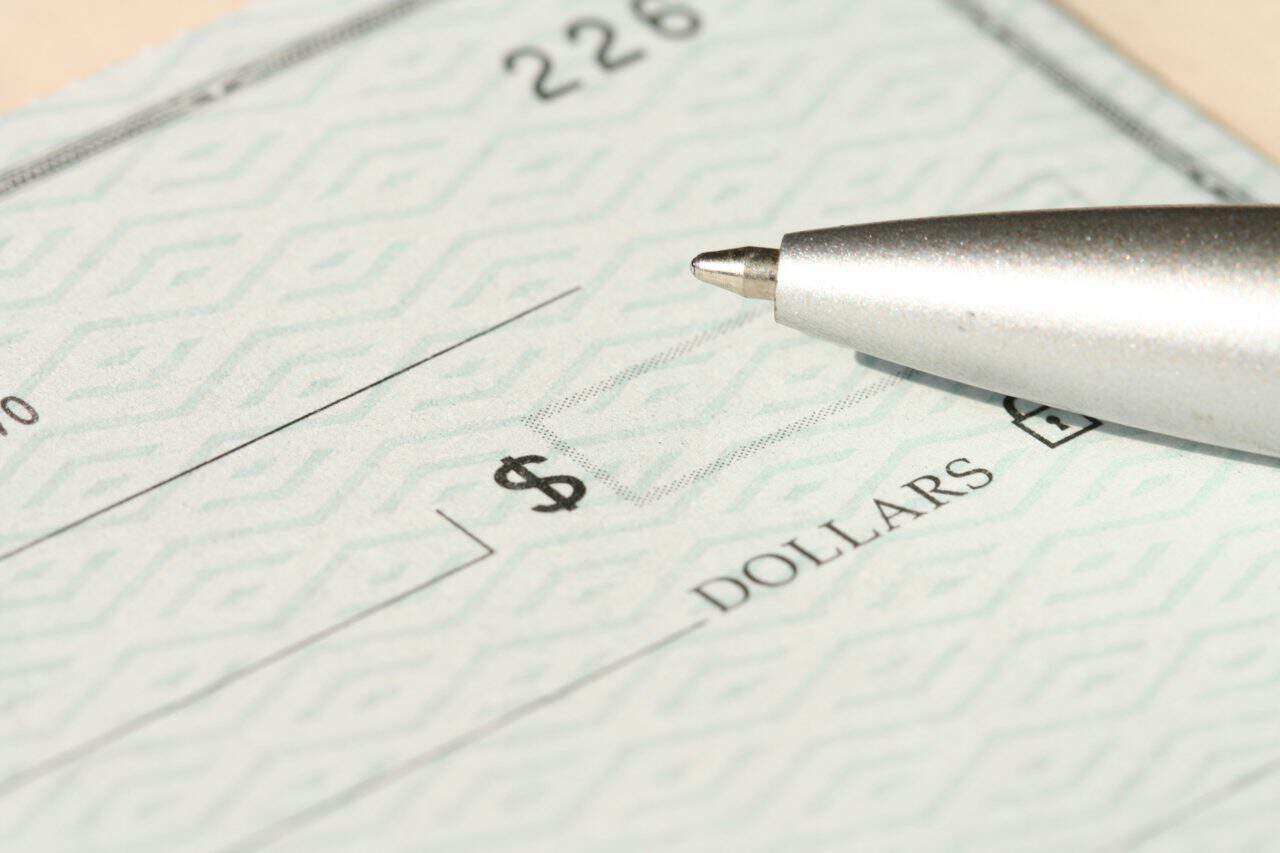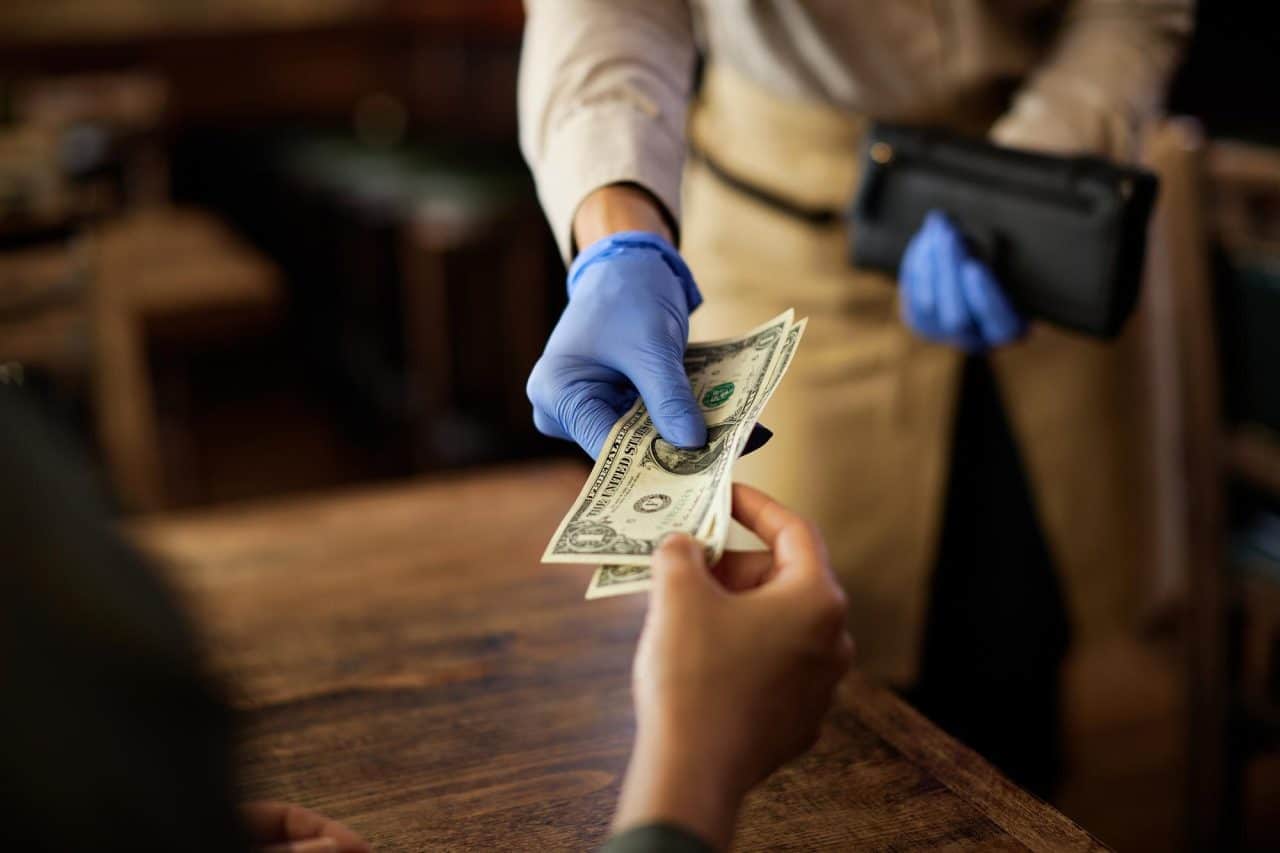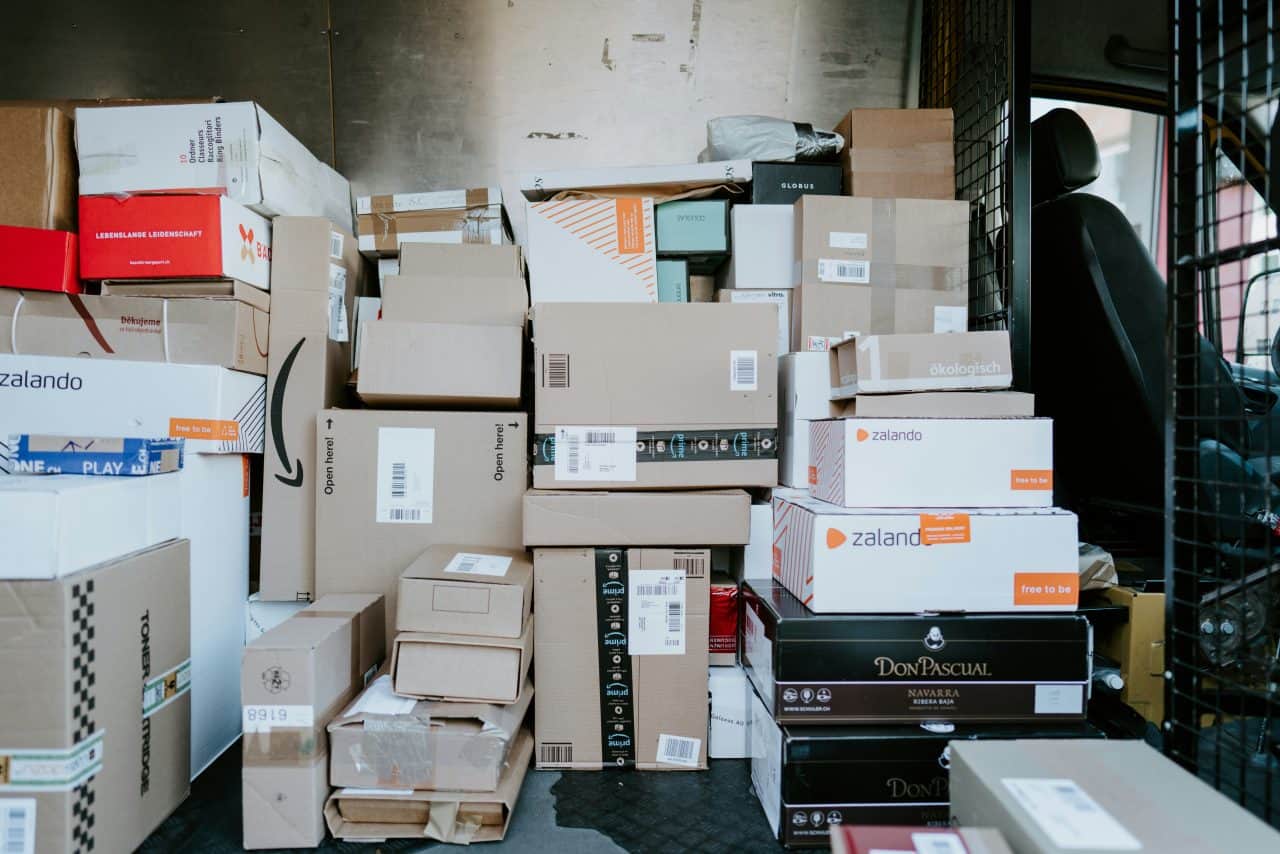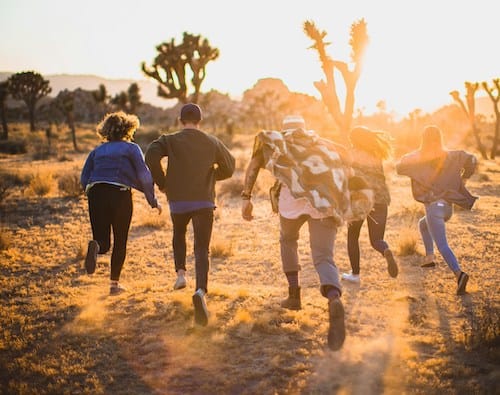The American justice system, often hailed as the global standard for upholding the rule of law and protecting citizens’ rights, has a dual mandate. It is designed not only to penalize wrongdoers but also to rehabilitate them, particularly when dealing with the delicate issue of juvenile delinquency. Yet, a contradiction often arises when confronting the harsh realities of this system.
Consider a child – let’s call him John – who, as a teenager, makes a grave mistake. He’s convicted of a felony, pays his debt to society, and hopes to move on, nurturing dreams of a fresh start and a brighter future. But, the stain of a juvenile felony conviction can, and often does, bleed into John’s adulthood, severely restricting his life opportunities. The implications of such a conviction are far-reaching, infiltrating every aspect of his life – from education and employment to housing and democratic participation. The echoes of John’s youthful indiscretions persist long after his immediate sentence has been served, transforming what was intended as a temporary punishment into a perpetual hindrance.
Many Johns across America bear the lifelong burden of their juvenile felonies, serving an invisible life sentence that society rarely acknowledges or understands. The system, in its current form, appears more invested in punitive measures than in fostering an environment for sustainable rehabilitation. The profound impacts of this approach reach beyond individual lives, echoing across communities and permeating the very fabric of our society.
Through this lens, a critical examination of the life-altering impacts of juvenile felony convictions is not only necessary but urgent. We must confront the uncomfortable paradox that lies within our justice system: can we claim to promote rehabilitation when juvenile offenders are branded for life? Are we not obligated to build a system that allows these individuals to reintegrate successfully, overcoming the shadow of their past indiscretions?
In the coming paragraphs, we will unravel this complex issue, shedding light on the multitude of challenges faced by individuals with juvenile felony records. We will explore the wide-ranging implications of these convictions while also highlighting existing and proposed reforms aimed at mitigating their impacts. In doing so, we hope to spark a broader conversation about the principles that underpin our justice system and inspire collective action toward a more just, compassionate society.
Our collective responsibility in this regard is clear. We need a society where a misstep in youth doesn’t translate into a lifetime of adversity, where our young offenders are accorded the opportunity to learn, grow, and, ultimately, contribute positively to society. Let us delve into this pressing issue, reaffirm our commitment to rehabilitation, and strive to ensure justice is indeed served.
The Impact of Juvenile Felony Convictions
The impact of juvenile felony convictions extends far beyond the immediate consequences of punishment. This section will delve into the various ways in which these convictions affect individuals and society as a whole. From incarceration and its potential to perpetuate criminal behavior to felony disenfranchisement and the loss of political participation, employment barriers, limited access to education, and housing instability, the repercussions of a juvenile felony conviction are profound and wide-ranging. It is crucial to understand these implications in order to address the systemic challenges faced by those with juvenile felony records and work toward a more equitable and rehabilitative justice system.
- Juvenile Incarceration
One significant consequence of a juvenile felony conviction is incarceration. This punishment, however, can have ambiguous effects on an individual’s future. While it may deter property crimes, as observed in studies like the one conducted by Eren and Mocan (2021), it can paradoxically lead to an increase in drug-related crimes.
An explanation for this mixed outcome could be the punitive atmosphere and lack of rehabilitative programming in many detention facilities, exacerbating existing behavioral problems or introducing new ones. Thus, the institution designed for correction may, ironically, create an environment conducive to recidivism.
- Felony Disenfranchisement
The felony conviction extends its impact into the political realm, stripping away an individual’s right to vote in some states even after serving their sentences. This phenomenon, known as felony disenfranchisement, affects a substantial portion of the population, with the Sentencing Project (2021) indicating a staggering 5.2 million people disenfranchised.
This loss of voting rights hampers political participation and representation, undermining the democratic principle of inclusive governance. It also reinforces a feeling of alienation from society, potentially hindering a person’s reintegration post-incarceration.
- Employment Opportunities
The specter of a juvenile felony conviction haunts many as they navigate the employment landscape. Employers’ discrimination and background checks often limit job opportunities, creating significant barriers for individuals seeking gainful employment.
The ramifications are not only personal but also societal. The Center for American Progress (2015) estimates that the U.S. economy loses up to $87 billion annually in GDP due to reduced employment of people with criminal records. The resultant impact on income and economic stability further deepens socio-economic disparities and propagates cycles of poverty.
- Education Access
Juvenile felony records also cast a shadow over educational aspirations. Many colleges and universities may deny admission or financial aid to individuals with a criminal past, substantially hampering their academic achievement and career prospects.
Research indicates that only 5% of formerly incarcerated individuals complete college, in stark contrast to the 40% of the general population, according to the Center for American Progress (2015). This educational gap further exacerbates the social inequality experienced by these individuals, perpetuating a cycle of limited opportunities.
- Housing Options
The ripples of a juvenile felony conviction also touch upon housing, one of the basic human needs. Many landlords may refuse to rent to or even evict those with a criminal history, posing significant obstacles to securing safe and affordable housing.
The Center for American Progress (2015) estimates that up to 8 million people are denied housing annually due to their criminal records. This lack of stable housing can lead to a precarious existence, impacting an individual’s overall quality of life and further complicating their attempts to reintegrate into society post-conviction.
Additional Consequences of Juvenile Felonies
The ramifications of juvenile felonies convictions can also lead to an array of additional consequences that can significantly affect the course of an individual’s life. One prominent issue arises from the ineligibility of public benefits. Those with such convictions might find themselves ineligible for assistance programs like food stamps, welfare, and healthcare. This not only exacerbates financial strain but can lead to detrimental impacts on their overall health and well-being.
Another severe consequence revolves around immigration. Particularly for non-citizens or legal residents, a juvenile felony record could lead to severe penalties, including deportation, detention, or exclusion. Such a reality can evoke a persistent fear of separation from family and community.
The strain of carrying a juvenile felony conviction also extends to personal relationships, particularly within the family. The social stigma and community isolation that come with such convictions pose challenges to maintaining familial ties. Families, which should be sources of support and understanding, can become fragmented due to the societal strain placed on these relationships.
Mental health implications, too, can be quite profound. Individuals with such pasts may struggle with trauma, stress, depression, anxiety, and in some cases, substance abuse. This, coupled with the difficulties faced during reentry and reintegration into society, can lead to a perpetuation of these mental health struggles.
Finally, these individuals may experience a disconnect from society, leading to reduced civic engagement. Alienation, coupled with a dwindling trust in the legal system and diminished respect for the law, exacerbates feelings of disenfranchisement and social isolation.
Conclusion
In conclusion, the pervasive effects of juvenile felony convictions cast a long and often insurmountable shadow over the lives of many individuals in our society. From denied public benefits and shattered familial bonds to profound mental health struggles and diminished civic engagement, these far-reaching implications underscore the pressing need for systemic change.
We must strive to foster a justice system that truly aligns with its rehabilitative ethos, where young individuals who have made mistakes are given a genuine chance at redemption rather than being shackled by a lifetime of repercussions.
Crucially, the conversation should move beyond mere recognition of these issues. It demands action—reforms in policy, societal attitudes, and support structures, all aimed at creating a society that is more understanding, more forgiving, and fundamentally, more just. Let the discourse surrounding juvenile felony convictions and their impact not just be a matter of academic interest but a rallying cry for us all to usher in a more compassionate era of criminal justice.
So what do you think about this blog post Juvenile Felonies and Their Impact on Adult Life? Have you or someone you know been in that situation? What was that like and what happened? Please tell us in the comments below.
If you have any questions, leave a comment so we can help you.








